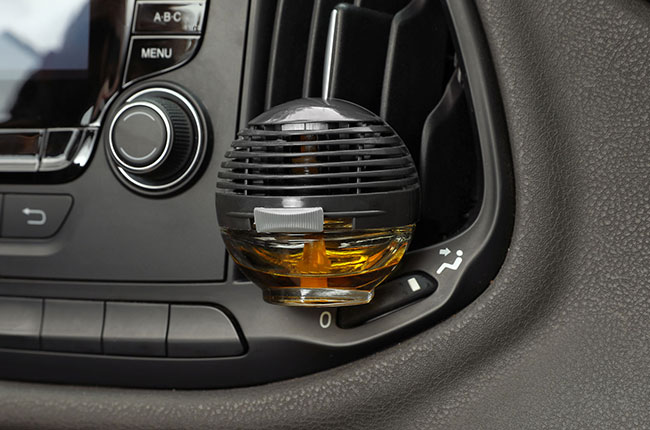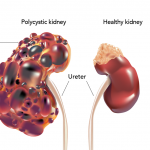Introduction
Air fresheners have become a common sight in cars, providing a pleasant fragrance and masking unwanted odors. However, the use of air fresheners in vehicles can have a significant impact on health, particularly among children. In this article, we will explore the potential health risks associated with air fresheners and the importance of creating a safe and healthy environment for children.
Understanding Air Fresheners
Air fresheners are products designed to emit a pleasant fragrance and improve the overall smell of space. They come in various forms, including sprays, gels, and plug-in devices. These products often contain a combination of chemicals and artificial fragrances that are released into the air.
The Chemical Composition
Many air fresheners contain volatile organic compounds (VOCs), such as formaldehyde, benzene, and phthalates. These chemicals can have harmful effects on human health when inhaled over an extended period. Studies have linked exposure to VOCs with respiratory issues, allergies, and even more severe health conditions.
Effects on Children’s Health
Children, in particular, are more vulnerable to the potential risks posed by air fresheners. Their developing immune systems and smaller lung capacity make them more susceptible to the negative effects of chemical exposure. Prolonged exposure to air fresheners in enclosed spaces like cars can increase the likelihood of respiratory problems, allergies, and other health issues among children.

Respiratory Issues
Air fresheners emit volatile particles that can irritate the respiratory system. Children who frequently inhale these particles may experience coughing, wheezing, and shortness of breath. The presence of air fresheners in cars can exacerbate these symptoms, especially for children with pre-existing respiratory conditions such as asthma.
Allergies and Sensitivities
The artificial fragrances used in air fresheners can trigger allergies and sensitivities in children. Some children may develop symptoms like sneezing, watery eyes, and skin rashes when exposed to these fragrances. It is important to note that even seemingly “mild” air fresheners can contain chemicals that can cause adverse reactions in sensitive individuals.
Creating a Safe Environment
While it may be tempting to use air fresheners in cars to maintain a pleasant atmosphere, it is crucial to prioritize the health and well-being of children. Here are some alternatives and preventative measures to consider:
Natural Alternatives: Instead of using chemical-based air fresheners, opt for natural alternatives like baking soda, activated charcoal, or essential oils. These options provide a safer and more eco-friendly way to freshen the air.
Regular Cleaning: Keeping the car clean and free from dust, dirt, and food particles can significantly reduce the need for air fresheners. Regular vacuuming and wiping down surfaces will help maintain a fresh-smelling interior.
Avoid Smoking: If you or others smoke in the car, it’s important to quit or designate smoke-free zones. Secondhand smoke can be extremely harmful to children’s health and should be eliminated entirely.
Air Purifier: In recent years, there have been advancements in technology that aim to address the negative impact of air fresheners on children’s health. One such innovation is the Healthy Air Car Unit device, equipped with a patented D-orbital Nano oxide catalyst filter. This device offers a promising solution to improve air quality inside vehicles and mitigate the potential risks associated with traditional air fresheners.
Conclusion
While air fresheners may seem harmless, they can have a detrimental impact on children’s health, especially when used in confined spaces like cars. The chemicals present in air fresheners can contribute to respiratory issues, allergies, and sensitivities among children. By adopting natural alternatives, ensuring proper ventilation, and maintaining cleanliness, we can create a safer and healthier environment. Incorporating a Healthy Air Car Unit device with a patented D-orbital Nano oxide catalyst filter is a proactive step towards improving air quality and minimizing the health risks associated with air fresheners. This innovative solution removes harmful particles, neutralizes odors, and provides a long-lasting, low-maintenance option for maintaining a healthy environment for children during car journeys. Prioritizing their well-being by adopting such advancements is crucial in ensuring a healthier future for our little ones.


